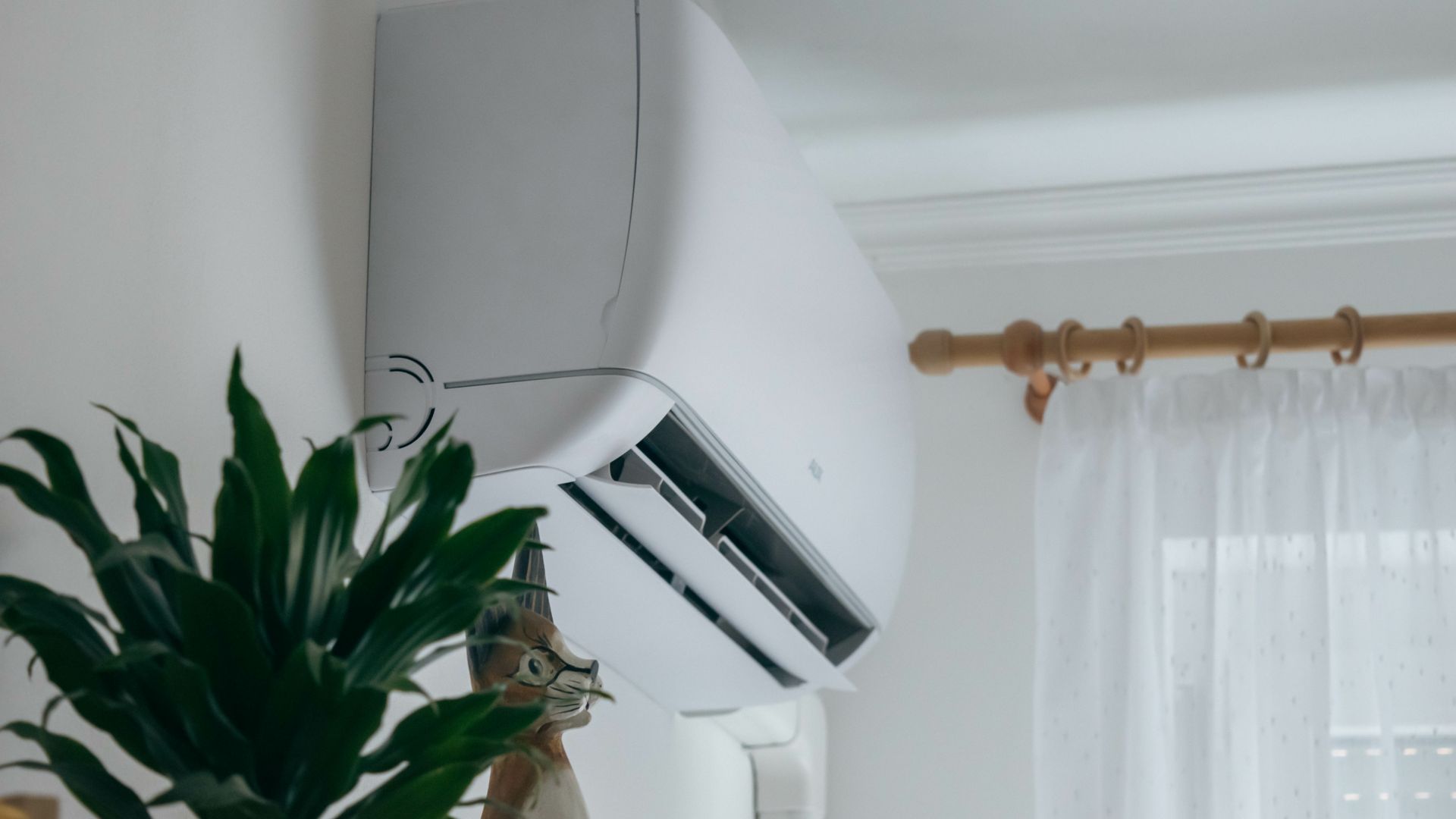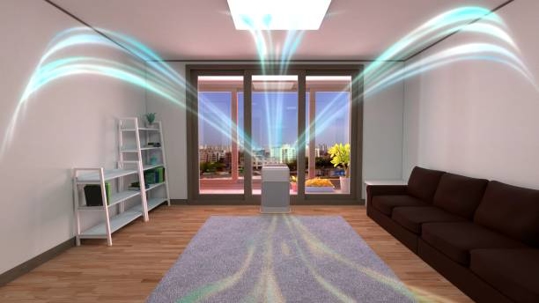As a homeowner, you may not always consider the importance of your indoor air quality. However, poor indoor air quality can lead to a variety of health issues, including allergies, asthma, and other respiratory problems. One of the main culprits of poor indoor air quality is mold and dust accumulation in your HVAC system. In this blog post, we will discuss how to tackle mold and dust issues in your HVAC system to improve your indoor air quality and ensure a healthier living environment for you and your family.
1. Regularly Inspect and Clean Your HVAC System
The first step in improving your indoor air quality is to regularly inspect and clean your HVAC system. This includes checking for any signs of mold growth, dust accumulation, or other debris that may be affecting the performance of your system. Be sure to clean or replace your air filters every 30-90 days, depending on the type of filter you have and the amount of dust and allergens in your home. Additionally, it's essential to schedule regular maintenance with a professional HVAC technician, such as the experts at Jackson Plumbing, Heating & Cooling, to ensure your system is running efficiently and to address any potential issues before they become more significant problems.
2. Control Indoor Humidity Levels
High humidity levels can create a breeding ground for mold and mildew in your HVAC system. To maintain a healthy indoor environment, it's essential to keep your indoor humidity levels between 30-50%. You can do this by using a dehumidifier or by installing a whole-home humidification system. Additionally, make sure to properly ventilate your home by using exhaust fans in bathrooms and kitchens and opening windows when weather permits.
3. Seal Your Ductwork
Leaky ductwork can introduce dust, allergens, and other pollutants into your home's air. Sealing your ductwork can help prevent these contaminants from entering your living space, improving your indoor air quality. You can seal your ducts using mastic sealant or metal tape, but it's best to consult with a professional HVAC technician to ensure the job is done correctly.
4. Invest in an Air Purification System
Installing an air purification system in your home can help to remove allergens, mold spores, and other pollutants from your indoor air. There are various types of air purifiers available, including HEPA filters, UV germicidal lights, and activated carbon filters. A professional HVAC technician can help you determine which type of air purification system is best suited for your needs and can ensure proper installation and maintenance.
5. Maintain a Clean Home
Regularly cleaning your home can help to reduce the amount of dust and allergens that accumulate in your living space. Be sure to vacuum frequently, especially in high-traffic areas, and use a vacuum cleaner with a HEPA filter for the best results. Additionally, regularly dusting and wiping down surfaces can help to keep dust and allergens at bay.
Improving your indoor air quality by tackling mold and dust issues in your HVAC system is essential for the health and well-being of you and your family. By following these simple steps and working with a professional HVAC technician like those at Jackson Plumbing, Heating & Cooling, you can ensure a cleaner, healthier living environment in your Decatur, AL home. Contact us today to schedule a consultation and learn more about our indoor air quality solutions.

